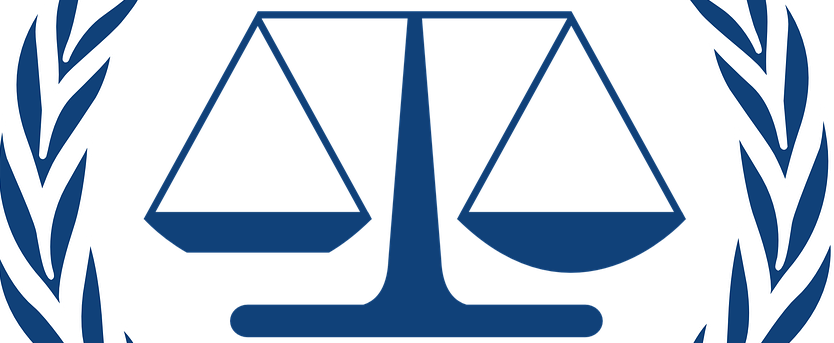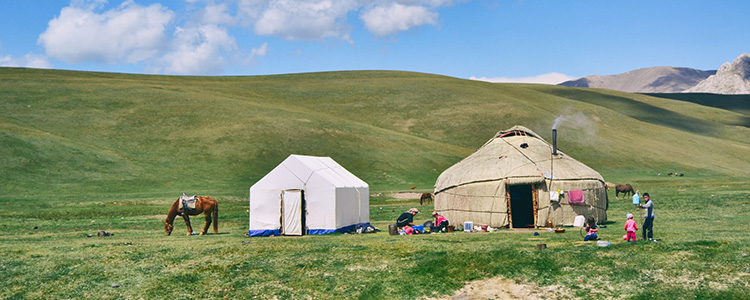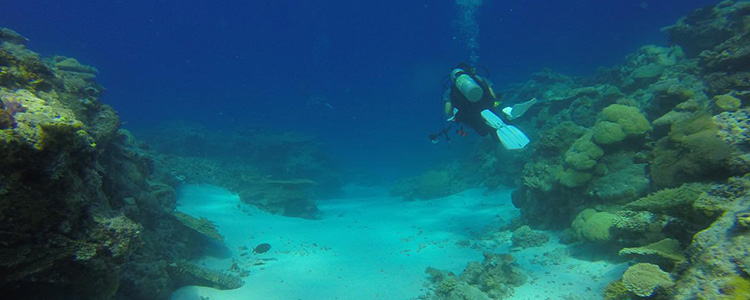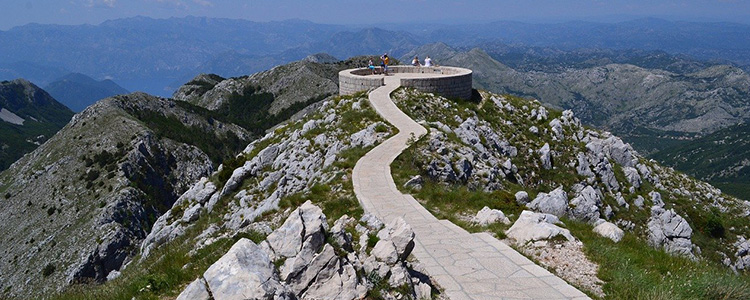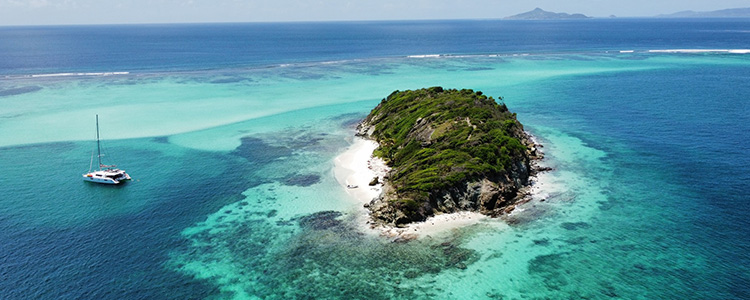Australia Country Bundle: suggestions, stories and tips
Content about Australia on WorldSupporter
 Why study in Australia, do an internship, do volunteer work or look for a job in Australia?
Why study in Australia, do an internship, do volunteer work or look for a job in Australia?
Why study, do an internship, volunteer or work temporarily in Australia?
- Because there are good visa options for Australia.
- Because the culture shock is small.
- Because you can enhance your intercultural skills in the multicultural society.
- Because you can improve your English quickly.
- Because it is a good contribution to your professional development and resume building.
What should you pay attention to?
- That it is a rather pricey country.
- That they are very strict on having the right visa.
- That you will learn about the local and traditional culture of the aborigines.
 Why live in Australia, why emigrate to Australia or stay for a long time?
Why live in Australia, why emigrate to Australia or stay for a long time?
Why should you live in Australia as an expat, emigrant or working nomad?
- Because it is a beautiful country where you can still have real adventures.
- Because you can pick up some of the laid-back lifestyle.
- Because it offers good economic opportunities.
- Because you can improve your English quickly.
- Because you can quickly feel at home because the difference with the Netherlands is not so big.
- Because you can discover a lot of new nature and special animals.
- Because you can make friends relatively easily in the large expat community.
- Because the quality of life is high.
What should you pay attention to?
- That it can be difficult to find affordable housing.
- That it is a country of long distances so a car is often essential.
- That it takes a lot of getting used to understanding the accent.
- That it gets a lot warmer than in the Netherlands.
- That it is a very relaxed and informal culture, just a bit different from the Netherlands.
- That people drive on the left.
- That there can be many (natural) dangers lurking.
- That you are always a flight away from other countries.
 How does healthcare work in Australia, and what travel insurance, health insurance or expat insurance do you need?
How does healthcare work in Australia, and what travel insurance, health insurance or expat insurance do you need?
- What is the quality of healthcare in Australia?
- How is public healthcare organised in Australia?
- How is private healthcare organised in Australia?
- How is the General Practitioner arranged in Australia?
- How is the dentist arranged in Australia?
- How is maternity care arranged in Australia?
- How safe or unsafe is a trip or stay in Australia?
- What work and travel insurance policies are suitable for short and long stays in Australia?
- What emigration and expat insurance can you take out for Australia if you are going to live there for a while?
What is the quality of healthcare in Australia?
- Australia has an impressive public health system that is of high quality. Waiting times are short and many hospitals in the big cities are world famous. Of course, Australia is also the continent of the famous Royal Flying Doctor Service, a special service that takes care of the healthcare of the communities that live in the outback.
- The Aboriginal community is underrepresented in Australian society. This community suffers from a high number of alcoholics, trauma and other medical conditions. Especially compared to the average white patient, the Aboriginal patient is much worse off. For example, this patient has a life expectancy of only 60 years; no less than 20 years shorter than that of a white Australian.
- The most prominent health priorities at the moment, in addition to concerns about the condition of the Aboriginal population, are the prevention of cancer (particularly skin, lung, uterine and breast), cardiovascular disease and injury prevention.
How is public healthcare organised in Australia?
- The public healthcare system is called Medicare. It is funded by a levy on taxable income. Public hospitals are funded through the government and health services. It provides full hospital care for Australians and pays for a part of the cost of a visit to the General Practitioner (GP). Medicare provides subsidised care for Australian citizens, permanent residents and people from countries with a reciprocal healthcare treaty (such as the Netherlands, Belgium and the UK).
- Medicare covers visits to the GP, treatment in public hospitals and some of the costs of specialists and diagnostic tests.
- General information about Australian health care can be found on the Department of Health website.
How is private healthcare organised in Australia?
- Many Australians take out private health insurance, in addition to Medicare. This is mainly for coverage of non-Medicare services such as optical care, physiotherapy and dental care.
- There are arrangements for "young people" to take out private insurance at a lower premium.
- If you are not a permanent resident, or come from a country with a healthcare treaty, you must arrange your own private health insurance anyway.
- Private healthcare offers faster access to specialists and treatments.
How is the General Practitioner arranged in Australia?
- The first point of contact for health problems is the GP or FD (family doctor). The GP is the person who assesses the patient and coordinates the necessary care.
- The GP can also refer you to a specialist. The referral from the GP is required for the costs to be covered by Medicare.
- If you are affiliated with Medicare, you can visit any doctor's office in Australia. If you do not have Medicare, you will pay around AUD 70-150 for a visit.
How is the dentist arranged in Australia?
- Dental care options consist of both public and private clinics.
- There are long waiting times for public dentists and most dental costs are not covered. For this reason, many people take out private health insurance with extra coverage.
- Check the coverage of the various health insurance policies carefully.
- Some people go abroad for dental care, because this is sometimes cheaper than paying for it yourself in Australia. Think of places like Bangkok and Bali.
How is maternity care arranged in Australia?
- Care for pregnant women in Australia is excellent and is provided by a mix of public and private services.
- Public hospitals offer free maternity care through Medicare. Private hospitals are more expensive, but offer luxury facilities and more freedom of choice in terms of gynaecologists.
- Home births are rare; most births take place in hospitals.
- There is broad support for breastfeeding. Breastfeeding in public is fully accepted.
How safe or unsafe is a trip or stay in Australia?
What should you pay attention to in terms of safety in Australia?
- Australia is generally safe. However, bad weather, bushfires or dangerous animals can cause problems.
- Tropical cyclones and flooding occur from October to March. And especially during the bushfire season, from October to March, the safety situation can change very quickly.
- There are many traffic accidents in Australia, because travellers and tourists accidentally drive on the right, while in Australia you are supposed to drive on the left. In the countryside, people drive in large cars and often at high speed, not prepared for backpackers who maintain a different driving style in a rented car or, for example, want to take photos in an unexpected place.
- Beware of pickpockets and car theft, especially in the big cities and in places where many tourists come.
What should you look out for in terms of diseases in Australia?
- Tropical diseases: Are present in parts of the country. Checking vaccinations before you leave is advisable.
- Jellyfish, snakes and spiders: Jellyfish pose a serious and deadly threat. In the summer months, the east coast is the domain of the box jellyfish, this jellyfish looks innocent, but the meter-long tentacles are deadly. Snakes can also be dangerous. They usually do not attack, but if you accidentally step on them, they can bite your calf and you have to get help. Make sure you call 000 immediately and remember what the snake looked like (pupils, colour, shape). Do not wash a snakebite wound. Australia also has several dangerous spiders, among which the funnel-web spiders and the redback spider. When bitten by a snake, wash the wound with soap and water for 15 minutes and call a Poisons Information Center.
- In the outback, you need to be pretty self-reliant, with enough water and food to survive a car breakdown, for example, and some first aid skills and supplies to help yourself until the flying doctors come to rescue you.
What should you pay attention to when it comes to traffic in Australia?
- Roads in urban areas are well maintained, but in remote areas (outback) roads can be unpaved and challenging.
- In Australia, people drive on the left side of the road.
- Long-distance driving is common; take plenty of water and a charged phone.
- Kangaroos on the road are a risk, especially at sunrise and sunset. If you hit a kangaroo, check to see if it is safe to stop there. If the kangaroo is not breathing, check for a baby kangaroo and try to get the animal off the road. If the kangaroo is still breathing, be careful. In any case, call the RSPCA or a local wildlife rescue.
- Public transport in cities is excellent, but in regional areas a car is essential.
What work and travel insurance policies are suitable for short and long stays in Australia?
Is the trip to and your return sufficiently covered? Are you sufficiently covered before, during and after your activities? Which insurance best suits your trip and your activity? Read more about insurances for abroad on JoHoinsurances.org.
What emigration and expat insurance can you take out for Australia if you are going to live there for a while?
- For some visas you must prove that you have health insurance. In any case, it is wise to take out international private health insurance to cover the high costs of medical care. For more information about visa requirements, see the Australian Immigration Service website.
- Read more about insurances for abroad on Expatinsurances.org.
 Packing list for Australia, travel insurance for Australia, and taking your belongings
Packing list for Australia, travel insurance for Australia, and taking your belongings
- What to bring to Australia: highlighted
- What knowledge is useful when you go to Australia?
- Are there mosquitoes in Australia?
- Do sand flies occur in Australia?
- Can you buy DEET, or other mosquito repellents, in Australia?
- Where can you get your food and drinks in Australia?
- Can you buy a joint or weed in Australia, or take it with you to Australia?
Packing list for Australia, travel insurance for Australia, and taking your belongings
To take or not to take to Australia, leave at home or arrange locally?
Sufficiently insured or not for your activities in Australia?
Sufficiently insured or not for your trip to Australia?
What to bring to Australia: highlighted
Highlighted items:
- Documents: passport valid for at least 6 months upon arrival, a visa confirmation and a copy of both.
- Money: your debit card! Cash (Australian dollars) can be useful just in case.
- Mosquito repellent and anti-itching agent (see also DEET mosquito repellent) if you are going to areas with dangerous mosquitoes (the north)
- Outdoor: a good hat with a wide brim comes in handy if you want to go hiking a lot, or if you really want to become part of the Australian outback!
- Clothing: for both the warmer and cooler areas, and somewhat neat clothing, if you are also looking for work.
- UV-resistant travel clothing: especially if you have very sensitive skin.
- Technology and equipment: see also world plug or travel plug.
- Sunscreen: with a high protection factor. Although you can buy the best in Australia, so only take something with you for the first few days.
- Sunglasses: with guaranteed UV protection due to the enormous UV radiation.
- Reusable water bottle - there are fountains with drinking water everywhere, especially in the city!
- Medicines and travel kit: a first aid kit for when you go into the outback.
What else can you take with you:
- Water shoes given the coral and rocks in the water at the various locations.
- Access to photos of snakes and/or means to suck out poison from spider and snake bites, among other things.
- A dose of patience to decipher the Australian accent.
What knowledge is useful when you go to Australia?
- Knowledge of the area you are going to. Australia is gigantic so each area has different seasons, health hazards and weather conditions.
- Knowledge of the most dangerous animals and what you should or should not do if you encounter one.
- Knowledge of the indigenous lands and culture - and how it relates to society nowadays.
Are there mosquitoes in Australia?
- Australia has more than a hundred species of mosquitoes, several of which also transmit dengue, not malaria.
- More about protection against mosquitoes and insects.
Do sand flies occur in Australia?
- Unfortunately, yes. Both coastal and inland. The sandfly feast places are tropical and subtropical areas, near sandy estuarine and riparian areas, and in mangrove swamps.
- Your set of mosquito repellents with DEET can help!
- More about sand flies and sand fleas.
Can you buy DEET, or other mosquito repellents, in Australia?
- Yes, and the Australians are not shy about the DEET percentage in their mosquito repellents.
Where can you get your food and drinks in Australia?
- You can cook on one of the public barbecues in the parks, or simply join a group and ask if you can eat something from their barbecue!
- Supermarkets such as Coles, Woolworths (Woolies) and Aldi are plentiful.
- There are often nice food courts or beach markets with all kinds of delicious food around and in the cities.
- Restaurants also come in all shapes and sizes.
- Vegan food is difficult to find in the countryside, but in the city you will find places!
Can you buy a joint or weed in Australia, or take it with you to Australia?
- It is illegal to possess, use, grow or sell cannabis. It MAY be possible, but it MUST NOT be.
- The ACT (Australian Capital Territory) does allow the growth and use of small amounts of cannabis.
- Medicinal cannabis is available with a doctor's prescription.
- Do not bring it with you, even between states, unless you want a new, maybe not so fun, experience.
- You can request an exemption for medicinal cannabis.
 Australia: Updates & Travel
Australia: Updates & Travel
Travel to Australia?
- Australia, Australia... with so many highlights.
- The over 500 amazing nature parks that include kangaroos, koalas, dingoes, emus, possums, wombats and the platypus. Such as Myall Lakes National Park, Kakadu National Park, Daintree Rainforest.
- Diving or snorkeling at the 2,000 km Great Barrier Reef where you can encounter thousands of species of fish (do go to the right places). Canoeing through Catherine Gorge, hiking across Fraser Island, trekking through Tasmania, climbing in The Blue mountains.
- Climbing the world's largest red monolith Ayers Rock, or Uluru, and enjoying the sunset or rise.
- Vibrant Sydney with its world-famous opera house and laid-back Melbourne, Byron Bay, Surfers paradise, Cairns and Airlie Beach.
- The many opportunities to work there temporarily and keep your vacation within financial limits.
- The Great Ocean Road, which runs west from Melbourne and towards Adelaide, is highly recommended. It is a 280 km road along rocks weathered by waves. Along the way are beautiful viewpoints and lovely campsites. Laze on the deck of the yacht you are cruising through the crystal clear waters of the Whitsundays. Cocktail in hand, the blazing sun in the cloudless sky. The ultimate in relaxation.
- The best road trip through the Australian Outback leads from Adelaide on the south coast to Alice Springs, which is right in the heart of the country. Right in the middle of the dry, vast plains.
- One of the highlights of Australia is the Kakadu National Park in the north of the Northern Territory province. The most beautiful natural park in Australia. In the far west of Australia, be surprised by the characteristic Perth. On the green banks of the Swan River and the wide sandy beaches you drink Australian cappuccino with an Italian touch.
Updates Australia
- More about Australia, updates and contributions, see the link below.
 Australia: selection of contributions by WorldSupporters - Bundle
Australia: selection of contributions by WorldSupporters - Bundle
Content about Australia shared by WorldSupporters
 Australië: selectie van blogs en bijdragen van Wereldsupporters - Bundel
Australië: selectie van blogs en bijdragen van Wereldsupporters - Bundel
Selectie van blog en bijdragen van WereldSupporters over Australië
- 1256 keer gelezen























